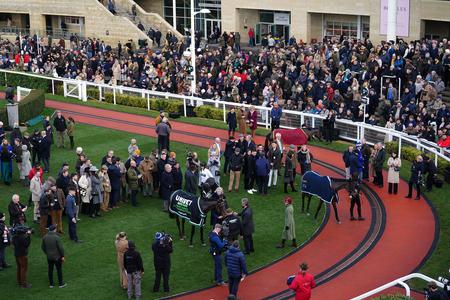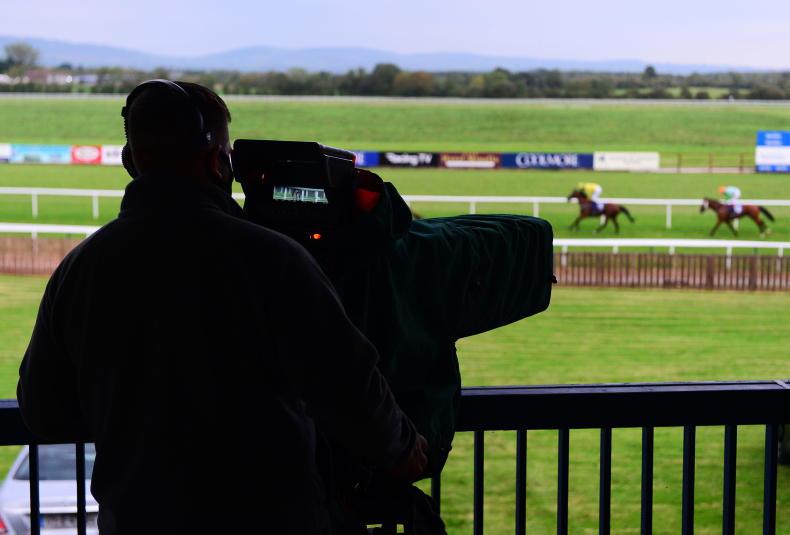HORSE Racing Ireland chief executive Suzanne Eade has launched a strong defence of Irish racing’s disputed new media rights deal, insisting anyone claiming an unfair tender process or distribution model “is either lacking a basic understanding of the media rights landscape or misrepresenting the facts”.
A proposed five-year deal worth €47 million with Racecourse Media Group and Sports Information Services was controversially rejected by five of Ireland’s 26 tracks at an Association of Irish Racecourses meeting on Tuesday - the first time an Irish racecourse has opted out of a deal recommended by the HRI Media Rights Committee.
The decision of Kilbeggan, Thurles, Limerick, Sligo and Roscommon, who operate under the umbrella of United Irish Racecourses, to move away from Racing TV prompted rival bidders Arena Racing Company and Sky Sports Racing to release a joint-statement indicating they are “excited at the prospect of establishing a significant, valuable and long-term partnership” with the tracks.
UIR claimed their trust has broken down with the governing body, citing “inequitable distribution of media rights funding”.
However, Eade issued a robust response on Friday after the board of HRI approved the new media rights arrangements from next January for the remaining 21 tracks - a deal she says is “extremely positive” and will “underpin the financial viability of racecourses until at least 2028”.
“The joint bid by SIS and RMG clearly offered the best financial proposition for Irish racing media rights across all the packages on offer, which was independently validated by an expert third party,” said Eade.
Transparency assured
“The income flowing to racecourses will be distributed on an open, transparent and equitable basis, with each racecourse receiving revenues largely derived from the betting turnover on their individual fixtures.
“There are significant safeguards built into the new arrangements for racecourses with each venue guaranteed its 2022 average per race income in 2024. An easing-in provision has also been included for the first three years of the new deal to assist smaller racecourses as the model moves to a turnover basis. Virtually all racecourses are forecast to achieve higher revenues in 2025 than at present.
“Any attempt to paint the tender process as unfair, or the distribution model as unjust, is either lacking a basic understanding of the media rights landscape or is misrepresenting the facts.”
The HRI boss said Irish media rights revenues have increased by nearly 50% since the last deal was agreed at the end of 2015, and have grown more than six-fold between 2007 and 2022. She indicated the total value may increase by “an estimated further 50% by 2028”.
It was also noted that HRI is “extremely concerned that confidential information pertaining to the existing media rights arrangements appears to have been disclosed in breach of the strict confidentiality terms within the existing contract”.
Eade said: “Despite recession, Covid and a myriad of challenges, racecourses small and large have not just survived, but most have thrived, through two decades of a collective approach on media rights. They have done so for a number of reasons, but primarily because of the strength of staying united and keeping sight of the bigger picture.
“Much has been said in the media of the HRI earnings in this media rights agreement but without acknowledging that the earnings go directly back to developing the industry, assisting racecourses with capital development grants, paying for other racecourse supports and contributing to the funding of additional fixtures which provide opportunities for owners, trainers, jockeys and all industry participants.”


 This is a subscriber-only article
This is a subscriber-only article
 It looks like you're browsing in private mode
It looks like you're browsing in private mode









SHARING OPTIONS: